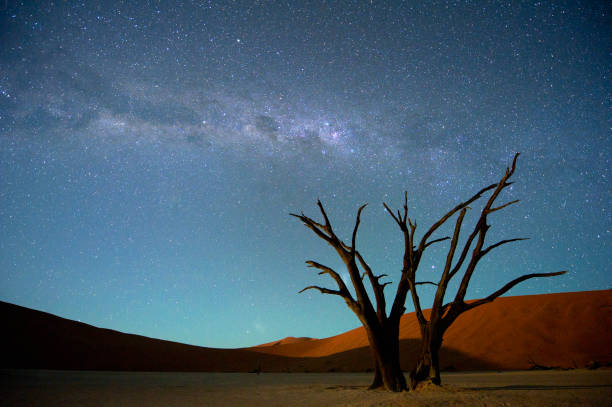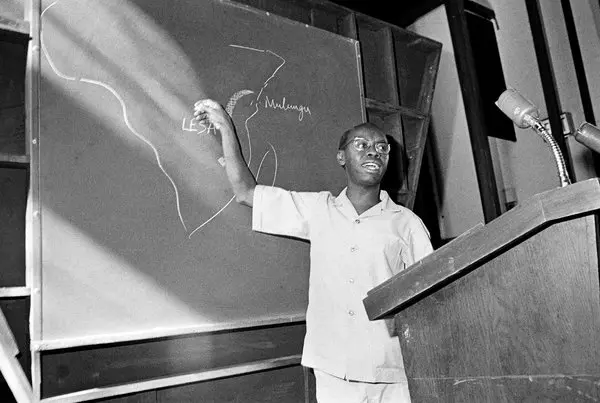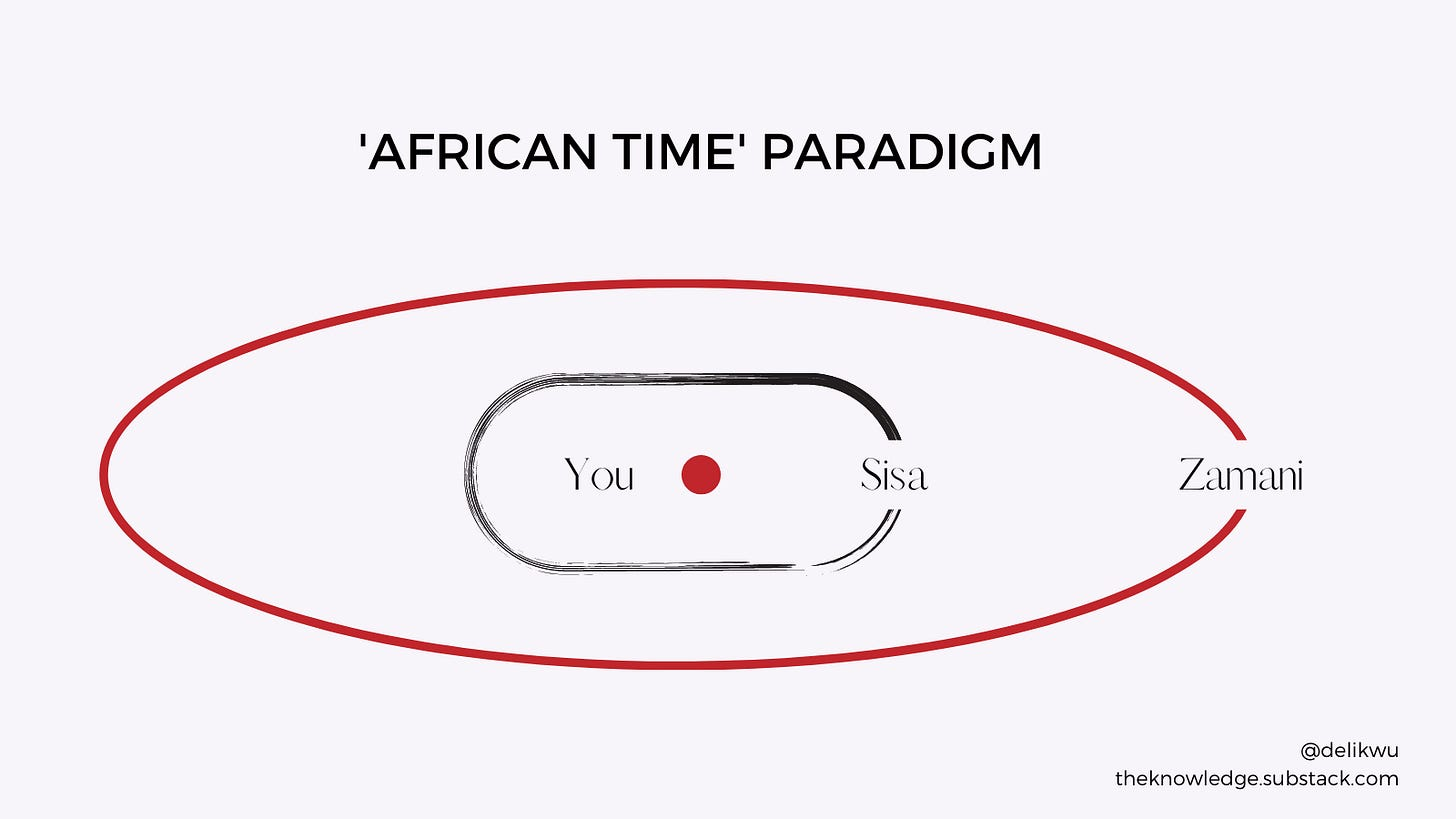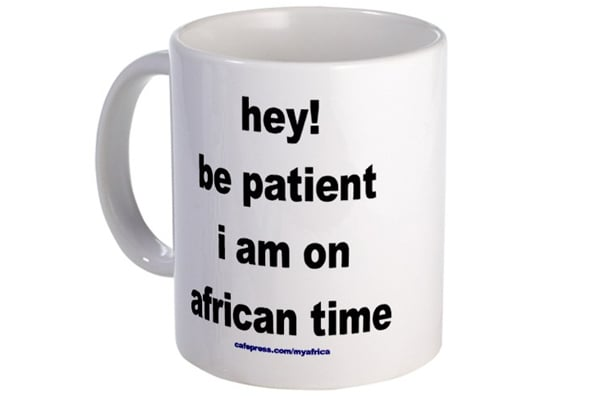Time as a Circle: African Concepts of Tomorrow

Rethinking Time Beyond the Clock
We all learn to think that time is a straight line, always moving, always pushing us from one moment to the next. You see it in clocks ticking away, calendars filling up, countdowns at the office or at home. That's just the way things are in the modern world. But in many African societies, people think about time differently. Time isn't a linear path to them, it's a cycle, a beat that returns, connected to seasons, rituals, and the history of elders.
This mind-orientation appears everywhere, from language to everyday life. Take the Akan people in Ghana. They don’t really care about counting minutes and hours. They look at time through what’s happening around them. The future isn’t some distant thing you chase. It’s more like a space that opens up as events happen. Even the Swahili word “kesho” does double duty, it means “tomorrow,” but it can also mean any near future. It’s not tied to a date on a calendar. With the Yoruba, time is entangled with the concept of àṣẹ , a sort of living energy that flows in cycles, not in one linear direction.
Western calendars slice life into minute segments: seconds, minutes, hours, and years. Everything gets scheduled, measured, squeezed for efficiency. But for many African communities, time orbits around events and people. Farmers mark time by the rain, harvests, or when certain stars show up in the sky. Age isn’t about the day you were born, but about the group you belong to as you move through life. The big question isn’t “when,” but “what”, what’s happening, what needs doing, and how does it matter to everyone around you.

John Mbiti, an anthropologist, once said African time is “human-centered.” It’s not about abstract numbers; it’s about real life as it’s lived. To many Africans, the future doesn't exist until it is present. It doesn't imply that they're not planning. It's merely a different approach to living in the world — one that's sensitive to relationship, community, and a sense of spiritual timing that keeps everything moving in concert.
Time, Memory, and the Ancestors
Time does not just move forward in Africa, it arrives in a cycle, pulling memory and ancestry along. Across Mali and Malawi, and in other places, people do not perceive the past as lost. It’s right here, alive in the stories and rituals, always close because the ancestors never really leave. Mbiti called this the “Sasa,” or the time of now, where the living, the dead, and even the not-yet-born all meet and mingle. One long, unbroken chain.

You see this idea everywhere, during ceremonies, in the way people make decisions. Elders don’t just speak for themselves. Their words bear the voices of all those who have come before. Time in such cultures is something shared, nearly a family treasure. Progress does not mean throwing over tradition, it means living out what always has been on the move.
Music and dance take this idea and make it real. Listen to African drums—they don’t stick to a stiff, ticking beat. They twist, layer, and double back on themselves. Polyrhythms come alive, echoing the cycles of seasons and gatherings, wrapping everyone into the same moment. The beat keeps going, pulling people in. It’s less about marking time and more about connecting through it.
Even cities can't escape. Sure, there are schedules and deadlines in modern times, but that old rhythm still lingers, humming underneath. People jest about "African time," calling it lateness, but that takes away from the spirit. It's about keeping people first—waiting for everyone to arrive, not looking at the clock. When the right moment feels right, meetings start when the group is assembled. It's really not about rushing. Harmony overshadows hastening. Harmony matters more than hurry. That’s when the real moment arrives.
Modern Lives, Ancient Rhythms
There are two rhythms that humans march to daily in Africa. There is the digital, tick-tock beat of modernity, emails, schedules, meetings, traffic. And there is the ancient, communal heartbeat, marked by seasons, ceremonies, and the sense that time unfurls in circles, not just lines. You feel this mix everywhere, in glass-walled offices and dusty village courtyards alike. Instead of one way of life replacing the other, most Africans now merge both—ticking off minutes for work, but still harmonizing to the subtle rhythms of tradition.
Think of cities like Lagos, Nairobi, or Johannesburg. Life runs on universal time: school bells, office hours, endless Zoom calls. But underneath all that, the old rhythms don’t just disappear. Market days still shape how cities move. Weddings or funerals start when everyone’s ready, not on the dot. Lunar cycles, not Google Calendar, set the date for some ceremonies. It’s a balancing act, a kind of “temporal bilingualism.” People switch between these worlds all the time, and honestly, they make it look easy.
Social Insight
Navigate the Rhythms of African Communities
Bold Conversations. Real Impact. True Narratives.
Tech isn’t wiping out these old ideas about time. If anything, it’s remixing them. Farmers in Kenya use smartphone apps that help them plant crops on schedule with the rains and the moon, exactly as their grandparents have always done, but now they also get weather warnings and market prices. The wisdom is the same, but the tools are different. In Ghana and Nigeria, all-night church vigils still happen just as they always have: they start when the spirit moves people and end when all persons feel done. Nobody's checking the clock.
Even art and architecture are getting in on this. You see it in Ethiopia or Senegal in new buildings that borrow from the old round compounds, made for community and flow, not right angles and straight lines only. African filmmakers are playing with storylines that loop and double back, reflecting the sense that time doesn't always go forward.These aren’t just creative choices, they’re reminders that the circular way of thinking about time runs deep.
There’s something big behind all this. In a world obsessed with speed and productivity, the African approach offers a different way to think. Here, time isn’t just money. It’s meaning. It's a question of being with others, of patience, of letting things unfold. Living this way pushes against the stress of always rushing somewhere. It asks you to trust the process, to find purpose in returning cycles instead of chasing some finish line you never reach.
Younger people are tuning into this too. Through art, technology, and literature, they're making old wisdom present in the here and now. African philosophers are like, listen, time is not a number, it's nature, spirit, and people. Artists share folktales and eco-friendly ideas rooted in land and life cycles on social media, and suddenly these worldviews are contemporary and alive.
In a way, this is quiet resistance. Africans are choosing to set their own pace, measuring progress in harmony and renewal instead of just hours or GDP. Whether it’s a slow-moving festival, the looping songs of a church service, or an eco-friendly home shaped around the community, the beat of cyclical time keeps going.

In the end, the African sense of time isn’t about longing for the past. It's a map for the years ahead. It reminds us not to treat tomorrow like a deadline, but like a horizon we move towards together. Time moves in circles here, not in lines, and maybe that's one of the oldest, wisest teachings of all. The future isn't just ahead of us. It comes around again and again, as life keeps happening in its own time.
Recommended Articles
Crypto World Buzzes: Yellow Card Enlists Psycho YP as Brand Face

Yellow Card Financial, Africa's rapidly growing crypto exchange, has partnered with Nigerian artist Psycho YP as its new...
E-commerce Giant Jumia Reports Stellar 13% Revenue Surge to $188.9 Million, Driven by Nigerian Market

Africa's e-commerce leader, Jumia Technologies AG, reported a 13% revenue surge in 2025, driven by strong GMV and increa...
Jumia's Bold Exit: Algeria Operations Halted for Profitability Push
Jumia exited Algeria in February 2026, part of a strategy to streamline operations and focus on profitable markets amids...
Africa's Next Big Bet: Tapping into the $12 Billion Decentralized Prediction Market

The global Decentralised Prediction Market (DPM) sector has seen a massive surge, yet Africa, despite its high crypto ad...
Bitcoin Philanthropy: Paxful Co-founder Ray Youssef Funds 100 Nigerian Schools

Ray Youssef, co-founder of Paxful and Built With Bitcoin, discusses the transformative power of peer-to-peer Bitcoin ado...
Microsoft and Women in Tech SA Launch Massive AI Training Initiative Across Africa

The ElevateHer AI programme, a collaboration between Women in Tech South Africa, Absa Group, and Microsoft Elevate, is e...
You may also like...
Bundesliga's New Nigerian Star Shines: Ogundu's Explosive Augsburg Debut!

Nigerian players experienced a weekend of mixed results in the German Bundesliga's 23rd match day. Uchenna Ogundu enjoye...
Capello Unleashes Juventus' Secret Weapon Against Osimhen in UCL Showdown!

Juventus faces an uphill battle against Galatasaray in the UEFA Champions League Round of 16 second leg, needing to over...
Berlinale Shocker: 'Yellow Letters' Takes Golden Bear, 'AnyMart' Director Debuts!

The Berlin Film Festival honored
Shocking Trend: Sudan's 'Lion Cubs' – Child Soldiers Going Viral on TikTok

A joint investigation reveals that child soldiers, dubbed 'lion cubs,' have become viral sensations on TikTok and other ...
Gregory Maqoma's 'Genesis': A Powerful Artistic Call for Healing in South Africa

Gregory Maqoma's new dance-opera, "Genesis: The Beginning and End of Time," has premiered in Cape Town, offering a capti...
Massive Rivian 2026.03 Update Boosts R1 Performance and Utility!

Rivian's latest software update, 2026.03, brings substantial enhancements to its R1S SUV and R1T pickup, broadening perf...
Bitcoin's Dire 29% Drop: VanEck Signals Seller Exhaustion Amid Market Carnage!

Bitcoin has suffered a sharp 29% price drop, but a VanEck report suggests seller exhaustion and a potential market botto...
Crypto Titans Shake-Up: Ripple & Deutsche Bank Partner, XRP Dips, CZ's UAE Bitcoin Mining Role Revealed!

Deutsche Bank is set to adopt Ripple's technology for faster, cheaper cross-border payments, marking a significant insti...
